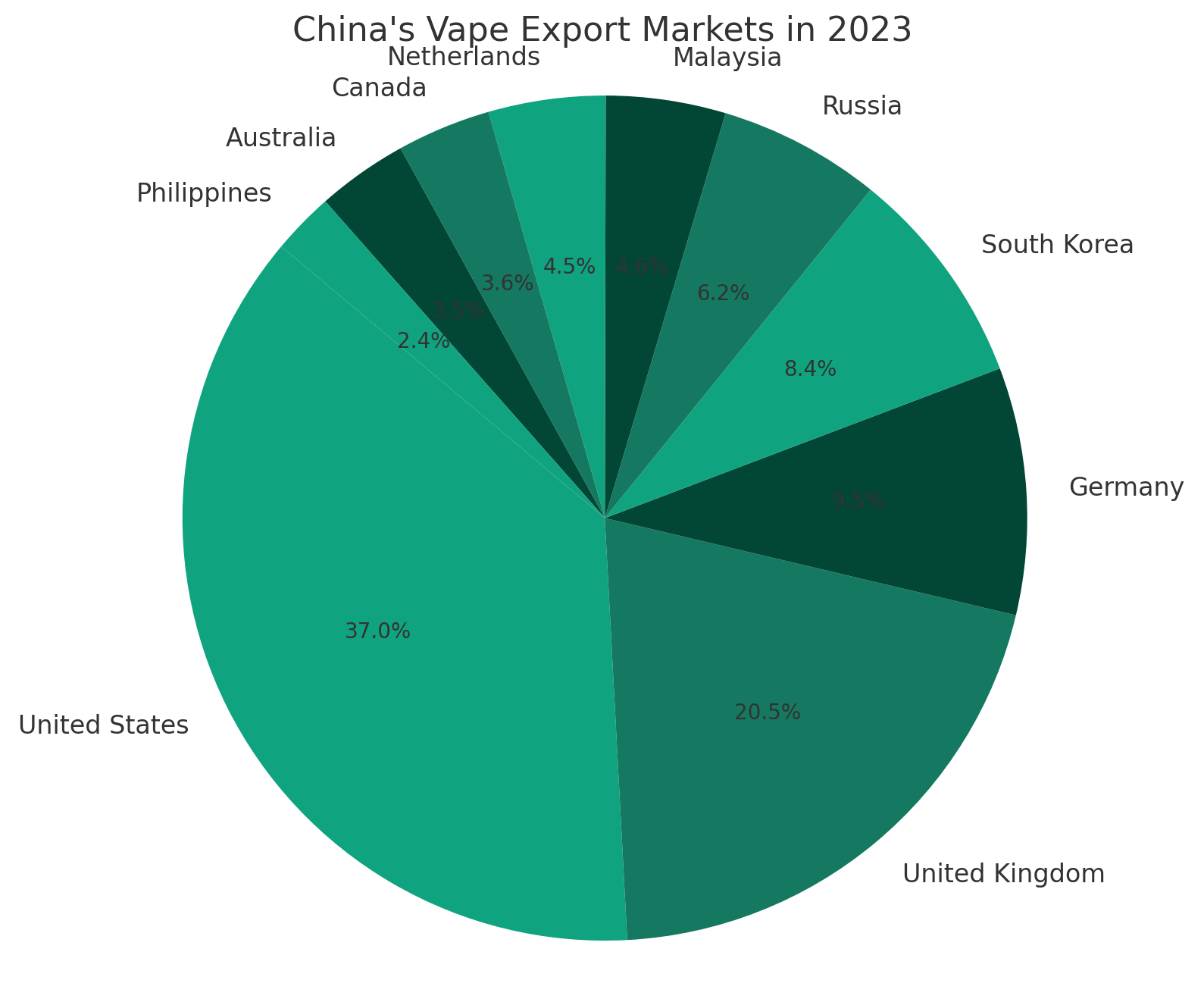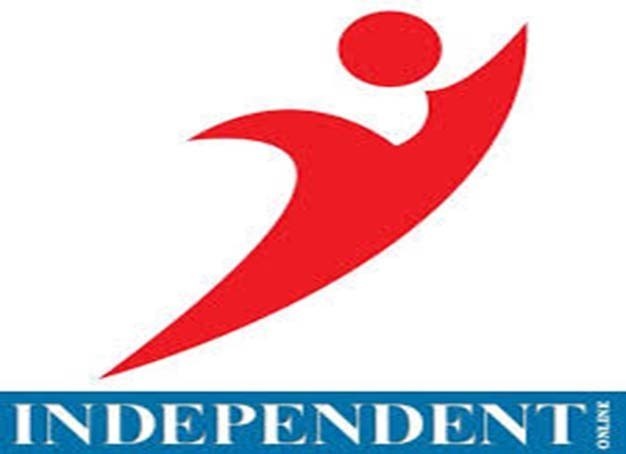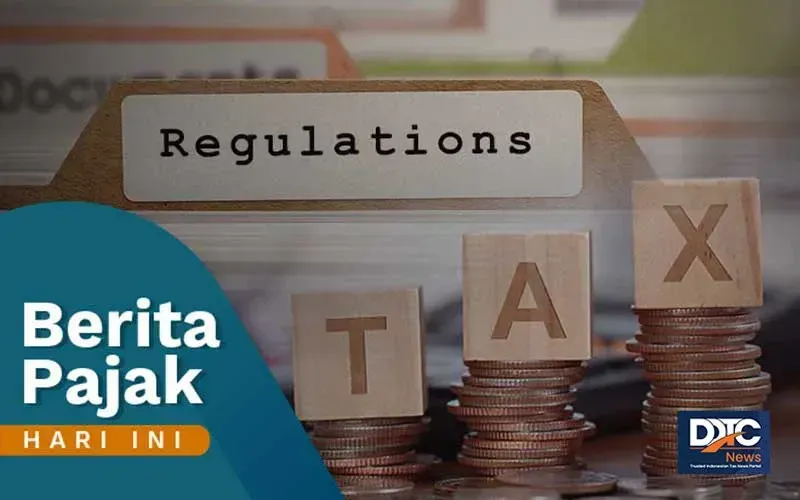According to a report by Jakarta News on December 29th, the Indonesian E-Cigarette National Association (Pavenas) opposes the e-cigarette tax plan proposed by the Indonesian Ministry of Finance, which is set to be implemented in 2024.
The association is composed of various organizations including the Indonesian Personal E-cigarette Association (APVI), the Indonesian Vape Alliance (AVI), the Indonesian E-liquid Manufacturers Association (PPEI), the Indonesian Electronic Nicotine Business Alliance (APPNINDO), and the Bali Vape Device Association (AVB).
The association expressed discontent with the decision to impose taxation on e-cigarettes during a meeting on December 27. They believe that the government has disregarded the industry’s opinion and the sustainability of businesses, and they are considering legal measures to address the impending tax policy.
The Secretary-General of APVI, Garindra Kartasasmita, expressed deep shock at the decision made by the Ministry of Finance in a statement. He pointed out that businesses were only provided with the online briefing link at the last minute and did not have enough time to prepare. Kartasasmita stated, “We were informed that the government has decided to impose e-cigarette taxes starting from January 1, 2024. This unilateral decision has had a direct impact on our business, which we cannot accept.
The Pavenas Association has stated that they have previously sent two written letters to the Ministry of Finance, requesting a meeting to discuss the issue of e-cigarette taxation, but have never received a response. As a result, they have decided to directly inquire with the Ministry of Finance on December 21, 2023, demanding an explanation and transparency.
The personal e-cigarette industry in Indonesia is urging the government to provide ample time to prepare for the potential additional burden imposed. Elmo Eliando, the industry leader of the Indonesian Personal E-Cigarette Association, warned that the majority of e-cigarette businesses are small and micro enterprises that would require starting from scratch. He expressed surprise at the government’s decision, especially considering the Finance Ministry’s previous commitment to delay the implementation of e-cigarette taxes until 2026.
The Minister of the Department of Organization of the Indonesian E-cigarette Community (DPP APVI), Hasiholan Manurung, has also lodged a protest with the Ministry of Finance, specifically with the Directorate General of Taxes (DJPK), demanding the implementation of e-cigarette taxes be postponed until 2027. He stated that this is in line with the practice of traditional cigarette tax, which provided a five-year transition period and did not raise the tax rate during the initial implementation. The Minister of the DPP APVI’s Organization Department stated that the current tax implementation process is hasty and fails to fully consider the industry’s needs. If the government continues to forcefully implement the new tax scheme, legal measures will be considered for asserting their rights.



















